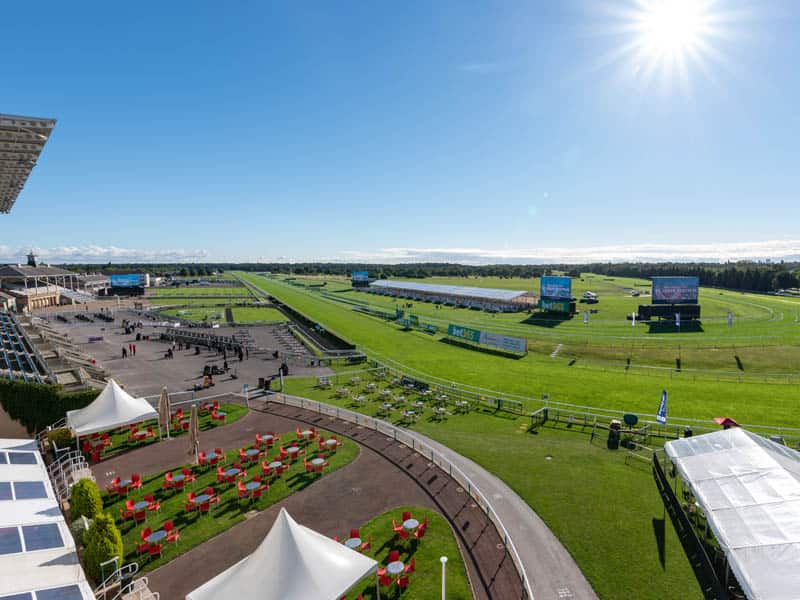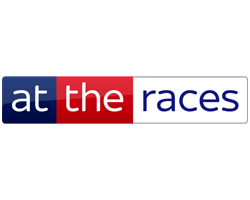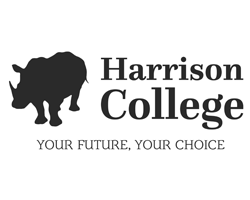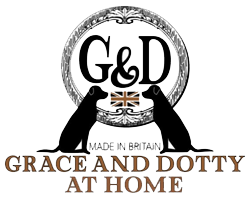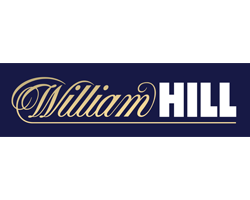Before the St Leger came The Doncaster Cup…
When we speak of the William Hill St Leger Festival, the status of the St Leger Stakes as the World’s Oldest Classic often dominates conversation. Established in 1776, it may well pre-date any other classic but there is an older race to be found on the card amongst the four-day St Leger Festival. Scheduled for the Friday, the Doncaster Cup pre-descends the St Leger Stakes by ten years with its inauguration taking place in 1766. Initially a mammoth four mile contest, the same distance as the Grand National, the race is now run over a distance of two miles and two furlongs. Still considered a race for high-stamina ‘stayers’, the Doncaster Cup makes up one leg of the Stayers’ Triple Crown, a three stage championship that includes the Ascot Gold Cup and the Goodwood Cup.
The Doncaster Cup is a Group 2 contest with a prize fund of £100,000 which has attracted some of the sport’s finest trainers, jockeys and horses since its inception more than 250 years ago. The first horse to really define the Doncaster Cup was the four-time winner Beeswing. Taking the race for the first time in 1837, the mare would return to the winner’s enclosure on three consecutive occasions after regaining her title in 1840. A huge crowd favourite of her time, Beeswing retired after her fourth win in 1842 and subsequently had several foals. She clearly passed along her love of the Town Moor turf to her offspring as amongst them was 1848 St Leger Stakes winner, Newminster.Doncaster Cup
Another racing legend with incredible success in the Doncaster Cup is none other than Queen Elizabeth II. The Queen has had an incredible five winners in the race throughout her years of involvement with the sport. Her first win came in 1956 thanks to Atlas and her luck in the race continued when Agreement scored back to back wins in 1958 and 1959. All three wins were the handiwork of the Royal trainer, Cecil Boyd-Rochfort, but it was Ian Balding at the helm for the 1970 success of Magna Carta. The most recent Royal winner came in 2014 when Ryan Moore partnered Estimate to pass the winning post one and a quarter lengths ahead of Times Up, who had been victorious in the two previous years.
Despite having his winning streak ended by Estimate, Times Up still provided a fantastic story of human interest. He first won the race in 2012 for trainer John Dunlop who was set to retire shortly afterwards. A year later his son, Ed, had taken over his Newmarket yard and in almost cinematic fashion he managed to train Times Up to win a second Doncaster Cup. Another significant and supremely popular multiple winner was Double Trigger. The namesake of the Double Trigger bar here at the racecourse, the much-loved chestnut claimed his first Doncaster Cup win in 1995 and followed it up by scoring a repeat victory in 1996. He returned to make it three in a row in 1997 but could only finish a distant fourth as he lost his crown to Canon Can. Like all great comeback stories, Double Trigger returned for vengeance and was once again crowned the Doncaster Cup champion when winning the 1998 in what would be his last ever run. His trainer, Yorkshire-based Mark Johnston described him as ‘one of the best there has ever been’ and he is commemorated by the Racecourse with a bronze statue located near the Grandstand Entrance.
Unusually for a race of such a distance, The Doncaster Cup has recorded three separate dead heats. In 1901, 1953 and 2004 the judge could not separate the first and second placed horses, even with the help of a photo finish technology in 2004! As the William Hill St Leger approaches and speculation rises as to who will line up on Town Moor in September, we look forward to adding another name to our longest roll of honour.

